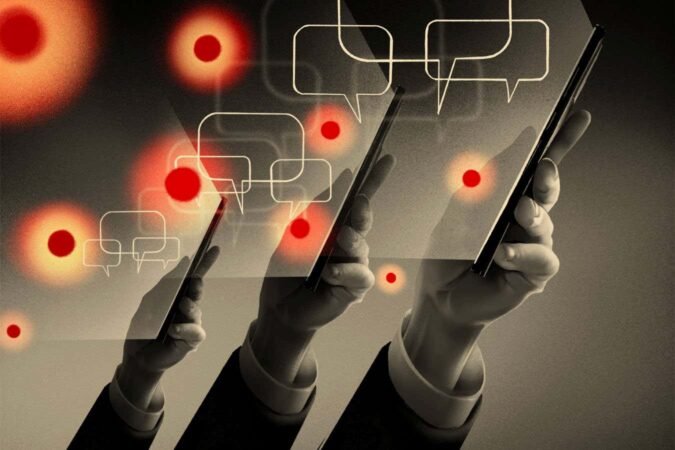Essential Insights
-
Social media can amplify the "nocebo effect," where negative expectations about health can manifest as real symptoms, such as tics, headaches, and cognitive impairment.
-
The rapid spread of nocebo responses through platforms like social media poses a significant public health concern, as influencers and health information seekers propagate exaggerated threats.
-
The nocebo effect is contagious, akin to how witnessing someone in distress can induce similar feelings in observers, showcasing its transmissible nature across social interactions.
- Research on mitigating nocebo effects offers promising strategies to protect against these psychological "mind viruses," emphasizing the importance of mindful consumption of online health information.
Mass Nocebo Effects: When Anxiety Spreads Real Symptoms
Centuries ago, witches and shamans cast curses believed to make people ill. Today, social media might play a similar role in spreading real symptoms. This phenomenon stems from the "nocebo effect," where negative expectations create physical responses.
Recent studies show how easily these effects can spread from person to person. Through face-to-face conversations, blog posts, and online platforms, anxiety can trigger symptoms. These range from headaches and muscle pain to more severe reactions like fainting and tics reminiscent of Tourette’s syndrome.
Kate Faasse, a researcher at the University of New South Wales in Sydney, highlights a pressing concern. “Online information can spread nocebo effects faster and farther than has previously been possible,” she states. Many people seek health information online, making them vulnerable to these mind viruses.
People might not recognize the nocebo effect, yet they have likely experienced it. For instance, have you ever felt nauseous after seeing someone vomit? This connection illustrates how contagious these responses can be.
On the brighter side, researchers are developing strategies to combat this issue. Understanding how the brain processes fear and anxiety may offer pathways to mitigate these effects. Techniques such as stress management and cognitive behavioral therapy show promise in reducing the impact of negative expectations.
While the nocebo effect poses challenges, awareness is the first step toward protection. As technology continues to evolve, so does our understanding of how information influences health. By becoming more informed and mindful consumers of health information, individuals can better navigate the virtual landscape. This proactive approach fosters resilience against the ripple effects of anxiety and supports better mental and physical well-being.
Discover More Technology Insights
Explore the future of technology with our detailed insights on Artificial Intelligence.
Discover archived knowledge and digital history on the Internet Archive.
SciV1

